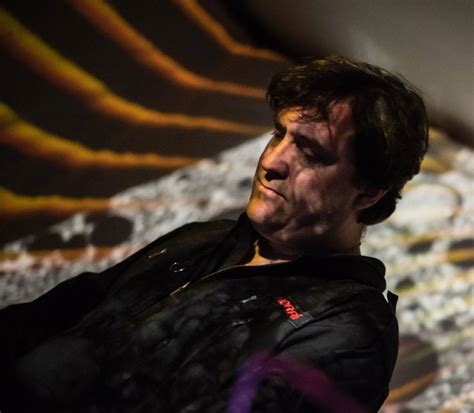A Quote by D.A. Wallach
You can't use irony as a way of disengaging with the difficult or emotional aspects of life.
Related Quotes
I've always felt there were aspects of me that were monstrous, and you can either hide from it or confront it, embrace it and understand that those are aspects that make you unique and define you and motivate you. You can either overwhelm or overcompensate for them -- but they truly define you as a human being...So that life became a question of either dealing with this monstrousness in one way or another...One finds a way to understand and make friends with that monster and understand that that's the very thing that makes you who you are. That's your emotional and spiritual fingerprint.
Critics who perceive the first level of Mann's irony recognize that the second voice is giving us reasons to be dubious about various aspects of Aschenbach's life and work. But many of them don't appreciate the second level of irony, the one exemplified in setting this narrative voice alongside the more sympathetic one, and inviting us to choose.
Irony is a disciplinarian feared only by those who do not know it, but cherished by those who do. He who does not understand irony and has no ear for its whispering lacks of what might called the absolute beginning of the personal life. He lacks what at moments is indispensable for the personal life, lacks both the regeneration and rejuvenation, the cleaning baptism of irony that redeems the soul from having its life in finitude though living boldly and energetically in finitude.
I have a really good idea of who my readers are and always write with a sensitivity to my audience. I use the F word when necessary, but there are words I won't use, mainly because I don't like them. I don't write about body parts when I write about sex. It's not about the physiological, it's more important for teens to read about the emotional aspects. I do think there are times when self-censorship is important.
In a world where irony reigns, where you have to separate, protect and laugh at anything that is honest or has an emotional charge, I bet for catharsis. I like to invest emotionally in things. And catharsis, when it touches the emotional vein, can open the doors of even those who protect themselves.
































